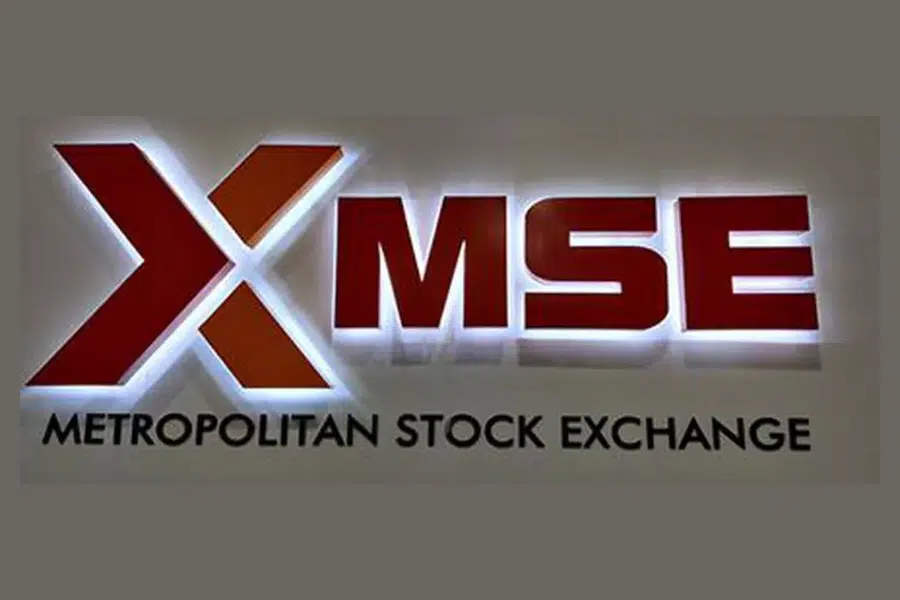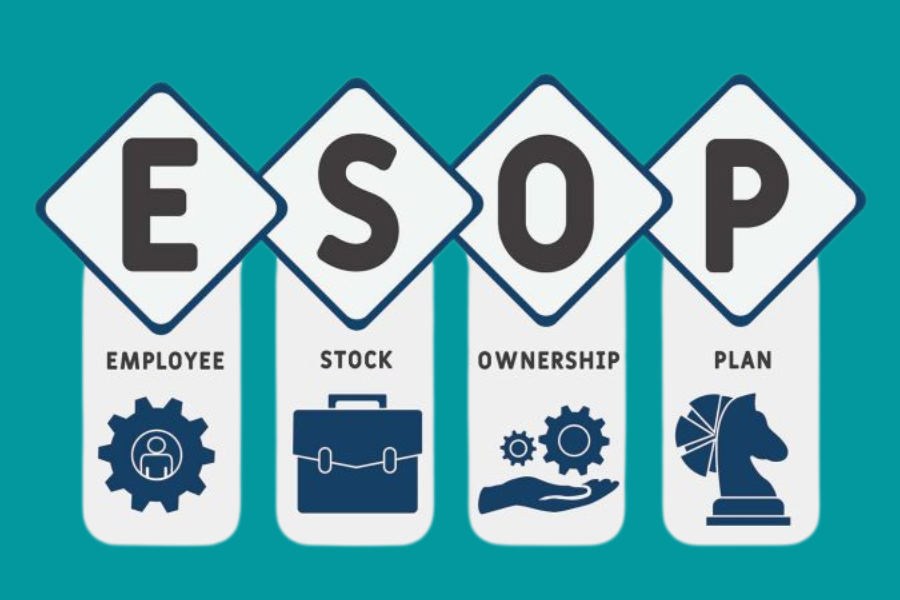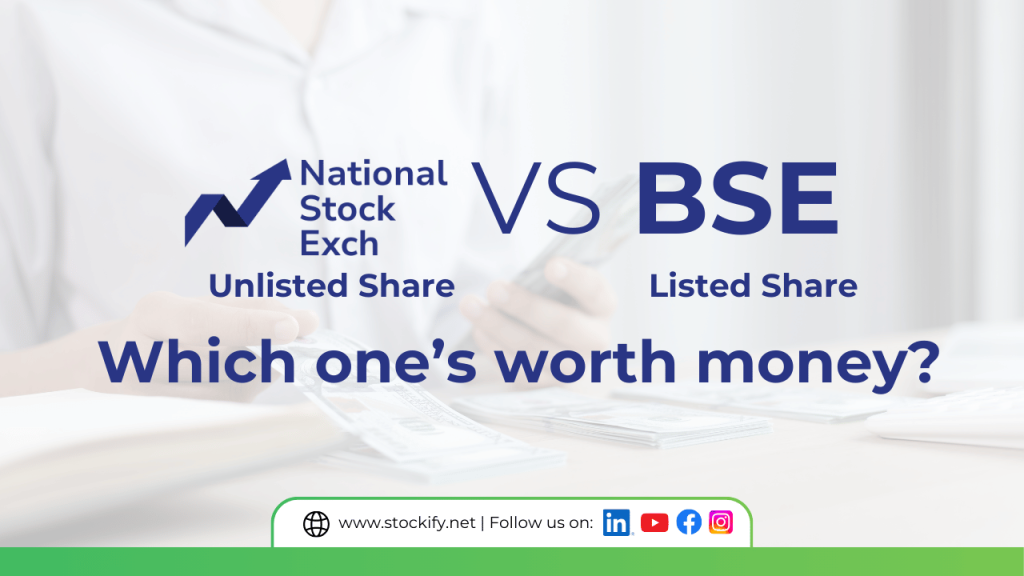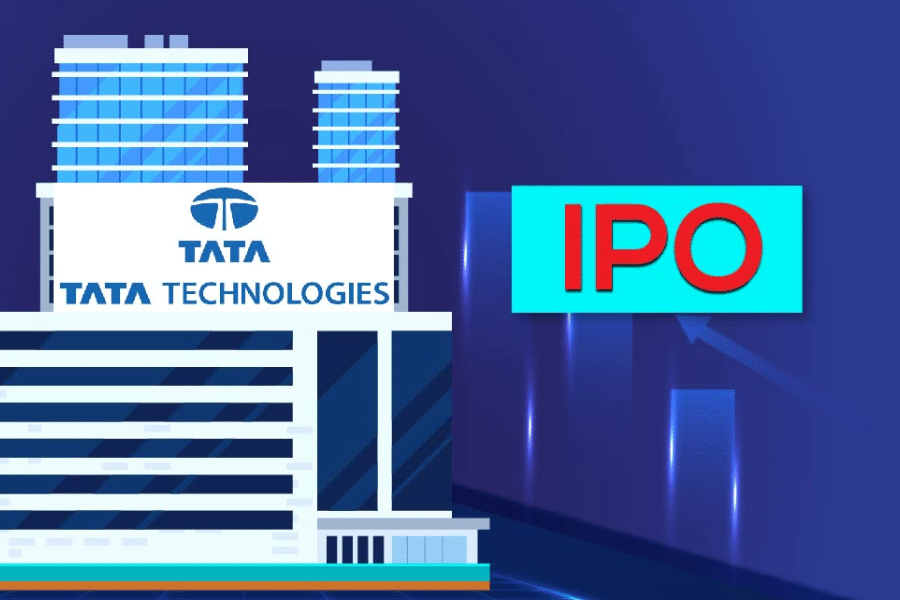Table of Contents
Buy/Sell Your Unlisted Shares
Submit the details below to share a quote.
The capital markets of India are the driving force behind the Indian financial system, whose engines are the stock exchanges, which facilitate billions of transactions daily. Even though giants such as NSE and BSE are at the forefront, the Metropolitan Stock Exchange of India Limited (MSEI) has managed to present a novel situation whereby it has become a major player due to its sophisticated platform for diverse asset classes.
As MSEI continues to establish its niche, it is supported by regulatory membership and modern technology and an aspiration to empower more market players with access to the market. The insights into the business model and the financial condition of MSEI provide useful information on how smaller exchanges seek to compete and exchange innovation in an increasingly saturated landscape.
MSEI in Indian Financial Markets
MSEI is a nationally recognised, SEBI-regulated stock exchange that provides trade in a variety of markets, including equity cash markets, equity derivatives, currency derivatives, and the debt market. It started its operations in 2008 when it launched its currency derivatives platform. It later expanded into equity cash and derivatives trading, as well as debt market operations, in 2013. Despite having suspended its trading in the debt segment since 2020, MSEI is still licensed to operate in all these spaces, and it has the ambition to continue expanding its product offerings.
Business Model of MSEI
Besides traditional equity dealing, MSEI offers other financial instruments, including exchange-traded funds (ETFs), sovereign gold bonds, and small and medium enterprises (SMEs) for listing their shares. To assist its clients in the market, MSEI has created its own indexes, such as the SX40, which covers 40 large-cap stocks in India, and the SXBANK, which specialises in the banking sector. Such indices are used as performance benchmarks, as well as derivative products and risk management products.
The core of MSEI's business model is its hi-tech electronic trading platform. The exchange focuses on fast, safe, and transparent trade execution with the infrastructure that places a strong focus on fault tolerance, real-time data replication, and cybersecurity functionality. This preoccupation with technology makes sure that traders, customers, and banks, among other players in the market, can trade easily and without any fear.
MSEI has a wide environment, such as those of stockbrokers, banks, corporates, depositories, custodians, and also retail and institutional investors. Besides enabling trading, the exchange is also involved in promoting financial literacy and investor education in India, which is part of the heightened role of SEBI and financial inclusion. This undertaking makes MSEI not only a trading ground but also plays a part in the creation of a more informed investor base in the country.
Market and Financial Performance
Although it is technologically powerful and has an array of products, MSEI has failed to acquire market share relative to large exchanges such as the NSE and BSE. This fact is observed in its financial performance. Although it is technologically powerful and has an array of products, MSEI has failed to acquire market share relative to large exchanges such as the NSE and BSE. This fact is observed in its financial performance.
A significant positive development during FY25 was MSEI’s successful capital raise of , which was raised by the company in the form of a private placement with investors, including Billionbrains Garage Ventures, Groww's parent, and Zerodha's Rainmatter Investments. This capital investment not only made the exchange solid regarding its capital reserves, but it also provided much-needed liquidity in terms of operations and strategic plans.
MSEI Problems and What Lies Ahead
Although these improvements provide relief, MSEI’s volumes are very low compared to NSE and BSE. A good number of companies are yet to be willing to list on the platform of MSEI, and also, the exchange is not so high in the form of gradual developments, such as mutual funds and ETFs. However, new opportunities like the establishment of block deal platforms and the successful strategies of its competitor exchanges are being eyed by MSEI in a bid to restore its cash market presence. Its unlisted shares have become a site of intense interest since it is speculated that it might conduct an IPO in the future and may grow substantially in the long run.
Overall, MSEI is a multi-segment, highly technological, and regulated platform by SEBI, which provides a wide range of financial products and has a user approach towards investor education. Through calculated efforts and market building, MSEI still has a chance of finding a niche in the Indian competitive financial markets.
If you’re exploring opportunities in India’s unlisted markets or considering diversifying your investment portfolio, check out to buy or sell unlisted shares like MSEI and stay ahead of emerging market trends.





















































